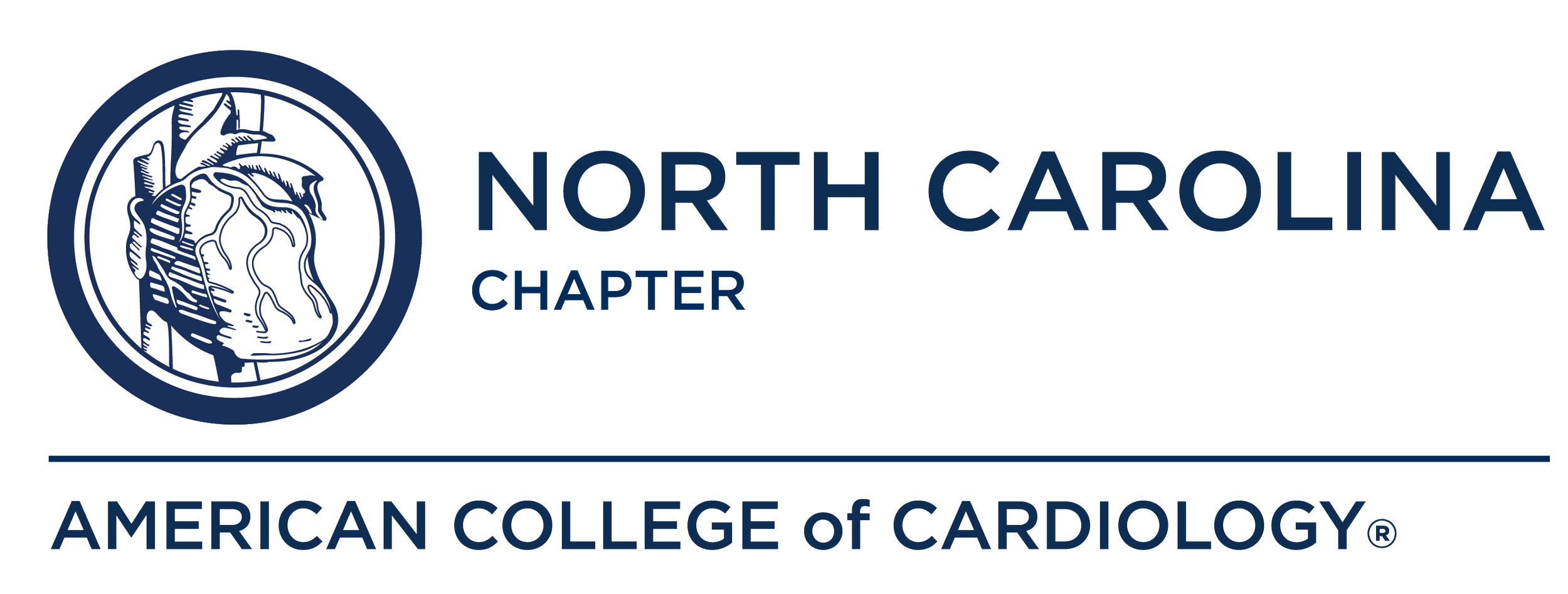Chapter Exchanges: Connecting Cardiologists From Around the Globe
As featured in: ACC Cardiology Magazine
Authors: Hadley Wilson, MD, FACC and Jorge Alegria, MD, FACC
One of the many strengths of the ACC is its ability to connect with and share knowledge among peers in cardiology from around the world.
In 1965, ACC Past President Eliot Corday, MD, MACC, established a so-called "Medical Peace Corps" that took preeminent U.S. cardiologists to less-developed countries throughout the world to improve the quality of care worldwide.
Since then, the College has continued to build on these early efforts in order to create a world where innovation and knowledge optimize cardiovascular care and outcomes.
ACC Chapter-based exchange programs, linking U.S. Chapters with International Chapters, are among the ways the global cardiovascular community has been coming together to learn from each other and share ways to optimize care and outcomes over the past decade.
Inspired by Corday's work, ACC Past President John Gordon Harold, MD, MACC, developed the first program, which connected the ACC California Chapter with the British Cardiovascular Society.
Since then several other exchange, or twinning, programs have emerged, creating meaningful and sustainable relationships between the ACC Florida Chapter and the Spanish Society of Cardiology in Spain, as well as the California Chapter and the Israel Heart Society, to name a few.
Our own program connecting the ACC North Carolina Chapter with the Chilean Society of Cardiology and Cardiovascular Surgery (SOCHICAR) is one of the more recent efforts.
Over the last two years, both sides have committed time and resources to sharing expertise, fostering friendships and professional collaborations, and more.
Among the highlights: delegations from both sides have participated in joint educational sessions at their respective scientific meetings; toured hospitals and academic centers in North Carolina and in Chile; and identified areas like telemedicine where clinicians can collaborate and learn from each other.
In addition to the clinical collaboration and expanded expertise, the human side of the relationship and the friendships that have emerged over the last two years are also fundamental to the overall success of the exchange program.
The personal growth that comes from learning about another culture and more about the world is invaluable. At a professional level, this extends to understanding the work environment and challenges of cardiovascular professionals in other parts of the world.
Our hope moving forward is that we have an exchange model that will be sustainable for the long-term. Not only have we found the right match in SOCHICAR, we have found ways to overcome geographic distances through things like teleconferencing and we have made sure to involve fellows in training and other up-and-coming leaders to help ensure continuity of leadership.
We are also thankful for funding support from the Sanger Heart and Vascular Foundation and through a North Carolina ACC Chapter grant. Our colleagues in Chile have funded hotel accommodations for North Carolina delegations and been critical to developing in-country educational symposiums, resulting in two cardiovascular symposiums with the University of Chile and SOCHICAR.
Chapter-based relationships build and unite ACC membership and are a highly valuable means of delivering on the College's Mission and Vision.
Following in the footsteps of leaders like Corday, Alfred A. Bove, MD, PhD, MACC, Harold and others, we are continuing to pave a path that advances international collaboration, enlightenment and friendship.
